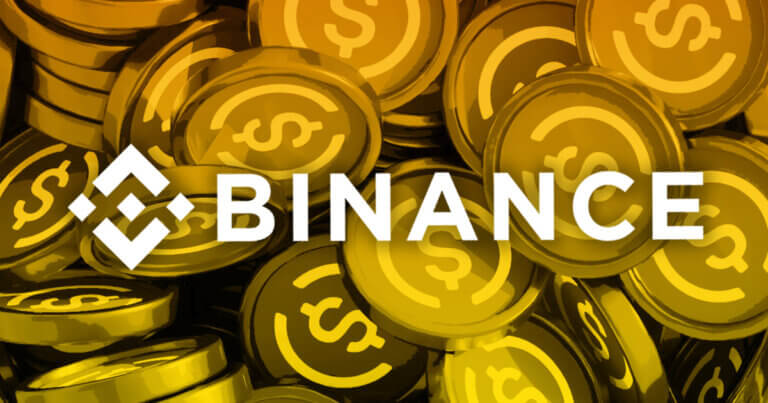 Binance enhances SAFU fund stability through USDC amid regulatory progress in Dubai and India
Binance enhances SAFU fund stability through USDC amid regulatory progress in Dubai and India Binance enhances SAFU fund stability through USDC amid regulatory progress in Dubai and India
Binance has prioritized compliance after settling its legal issues with US authorities last year.

Cover art/illustration via CryptoSlate. Image includes combined content which may include AI-generated content.
Binance has completed the conversion of its Secure Asset Fund for Users (SAFU) into Circle’s USD Coin (USDC) stablecoin, according to on-chain data.
In an April 18 statement, Binance confirmed transferring 100% of SAFU’s assets to the USDC stablecoin. According to the firm, its “use of a trusted, audited, and transparent stablecoin for SAFU further enhances its reliability and ensures it remains stable at $1 billion.”
USDC is the second-largest stablecoin by market capitalization and is hailed by some for its transparency. It has also spent resources aligning itself with a compliance-first approach around the world.
Following this announcement, Binance deposited 16,277 BTC (approximately $1 billion) and 1.36M BNB (valued at nearly $749 million) into its hot wallet before withdrawing $1 billion USDC to the SAFU fund wallet.
Launched in 2018, SAFU is an emergency insurance fund that safeguards users against extreme situations like exchange hacks and ensures potential reimbursement for unforeseen losses.
Regulatory developments
Meanwhile, Binance has also made significant strides in its regulatory affairs, particularly in India and Dubai.
In India, Binance has reportedly agreed to a $2 million fine and plans to reestablish its presence after facing a ban earlier this year. This fine accompanies its commitment to register with the Financial Intelligence Unit, which oversees Virtual Asset Service Providers (VASPs). It would also be required to comply with local taxation frameworks and the Prevention of Money Laundering Act (PMLA).
Meanwhile, in Dubai, Binance’s CEO, Richard Teng, disclosed that the exchange has secured its Virtual Asset Service Provider (VASP) license. Notably, this accomplishment followed co-founder Changpeng Zhao‘s decision to relinquish his voting power within the exchange’s local entity.
These regulatory advancements reflect Binance’s prioritization of compliance, particularly in the aftermath of legal challenges with US authorities. Last year, Binance settled federal charges amounting to $4.3 billion, stemming from deficiencies in its anti-money laundering (AML) protocols and violation of the Bank Secrecy Act.





 Farside Investors
Farside Investors 









































































































